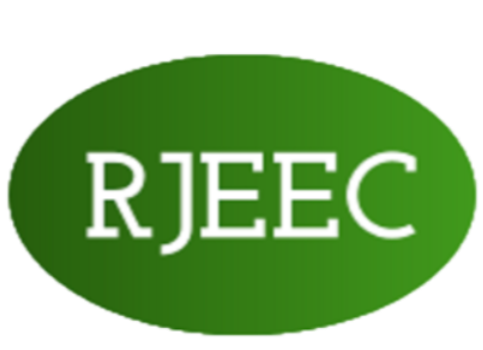
Microbiological status of anti-SARS CoV-2 protective face masks
Authors: ALINA ROXANA BANCIU, LUOANA FLORENTINA PASCU, DRAGOS MIHAI RADULESCU, CRISTINA IFTODE, ANCA HARABAGIU, ANA FULGHECI, DANIEL RUDARU, MIHAI NITA-LAZAR
Keywords: SARS-CoV2, pandemic, protective face masks, microbiology
https://doi.org/10.21698/rjeec.2023.105The SARS-CoV-2 pandemic situation put extreme pressure on the worldwide medical system from medical personnel to medical equipment. The protective face mask became the front line of anti-SARS-CoV-2 prevention methods, used by most of the world population, more than 7 billion people. The massive demand for face masks activated the world market, where countries from different continents increased their mask production and commercialization worldwide. Unfortunately, the focus on face mask production mostly relied on their ability to filter small-size molecules and less on their microbiological sterile status. Since bacterial structural communities could differ between various large populational groups or continents, in this study, we analyzed the microbial quality of face masks received from various countries/continents. There were analyzed the microbiological load of four types of masks, three from China and one from Romania. The bacterial density from masks was analyzed by membrane filtration and swabbing bacterial collection techniques. The results showed the Romanian mask had a smaller bacterial load than the Chinese masks. In addition, the bacterial identification showed a wide range of bacterial strains, quite different between face mask types.



